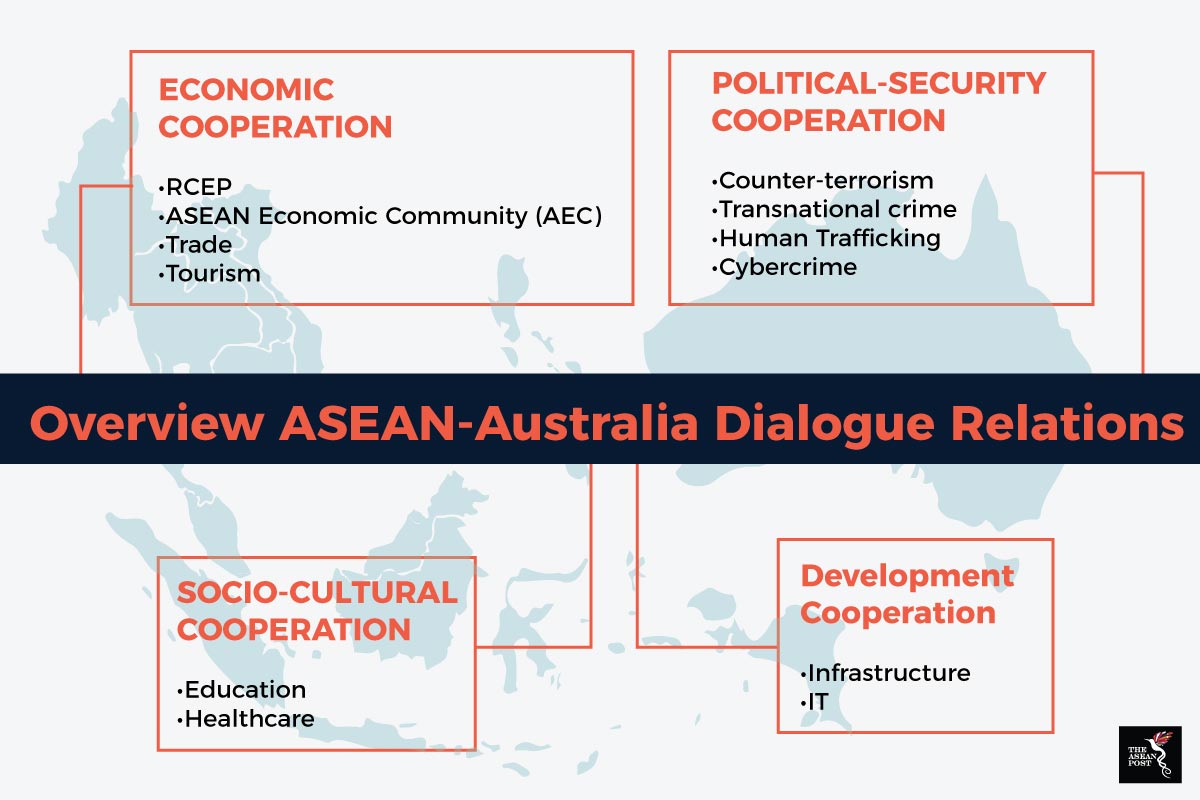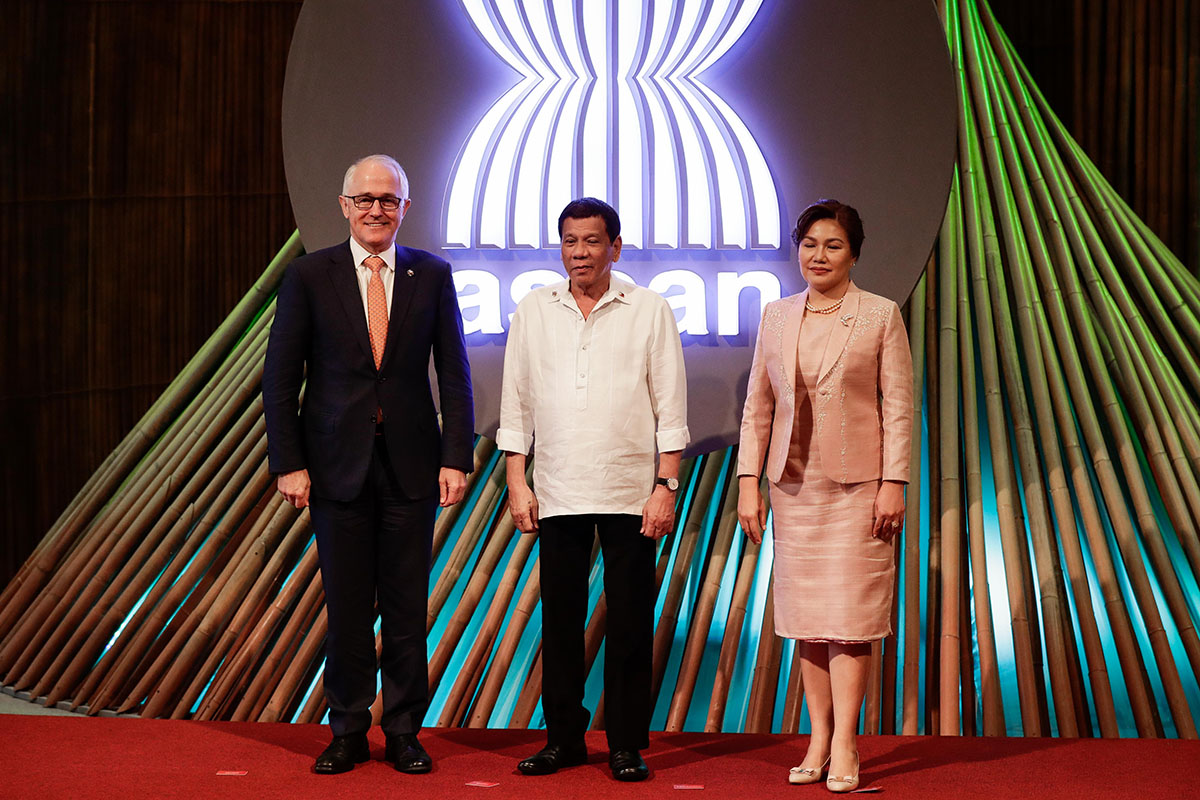Next month, Australian Prime Minister Malcolm Turnbull will be welcoming the 10 leaders of the Association of Southeast Asian Nations (ASEAN) in Sydney for a special summit. The summit will focus mainly on business and security ties including the South China Sea dispute and the on-going Rohingya crisis. This summit will be the first of its kind to be hosted by Australia.
The growing importance of ASEAN to Australia
The Southeast Asian region consisting of over 600 million people accounts for 15 percent of Australia’s trade. Geographically, ASEAN sits on one of the world’s most important trade routes as it is strategically located in the Indo-Pacific area, according to Australia’s 2017 Foreign Policy White Paper. This is one of the reasons why Australia looks to bolster its engagement with the region.
Apart from business and security links, Australia and ASEAN ties also cover other aspects such as socio-cultural cooperation and development cooperation as well. ASEAN-Australia Dialogue Relations has evolved and matured since Australia became ASEAN's very first Dialogue Partner in 1974.
Political-security cooperation
In terms of political-security cooperation, ASEAN and Australia have come a long way since 1974. There have been regular consultations between the ASEAN Senior Officials’ Meeting on Transnational Crime (SOMTC) and Australia to discuss issues of mutual interest in the area of transnational crime, including counter-terrorism.
Another key area of collaboration between the two regional powers is in combatting human trafficking through a five-year programme, from 2013-2018. Australia also participates in the ASEAN Directors-General of Immigration Departments and Heads of Consular Affairs Divisions of the Ministries of Foreign Affairs (DGICM) - Australia Work Programme.
“The Bali Process, co-chaired by Australia and Indonesia, also works to strengthen dialogue and practical cooperation among its 48 members on people smuggling, trafficking in persons and transnational crime in the Asia-Pacific region. The Australia Asia Program to Combat Trafficking in Persons (AAPTIP) continues to support SOMTC’s cross-sectoral coordination to implement the ASEAN Convention against Trafficking in Persons, Especially Women and Children (ACTIP), in 2017,” stated a 2017 ASEAN Secretariat Information Paper.

Source: ASEAN Secretariat Information Paper (2017)
Economic cooperation
Based on mid-2017 figures, Australia is the seventh largest trading partner of ASEAN and became the sixth largest source of Foreign Direct Investment (FDI) for the bloc. On the tourism front, over 4.1 million Australian nationals visited ASEAN in 2015, making Australia the fifth largest source of tourism for ASEAN.
Australia is also one of the six Dialogue Partners of ASEAN that joined the negotiations on a Regional Comprehensive Economic Partnership (RCEP) since 2012 and is currently on-going. Parties to the RCEP are making efforts to conclude the negotiations. Recently, two draft chapters on economic and technical cooperation and small and medium-sized enterprises (SMEs) were also concluded, adding momentum to the negotiations.
Socio-cultural cooperation
Throughout the years, ASEAN and Australia have collaborated on a number of socio-cultural issues such as health and education. For example, the first ASEAN-Australia Biennial Summit in 2015 saw leaders from both sides welcoming the launch of the ASEAN Emerging Leaders Program, which is expected to build a cohort of young Southeast Asian leaders with links to Australia. Scholarships for students in ASEAN has also been doubled in 2017 by the Australian government.
Development cooperation
The ASEAN-Australia Development Cooperation focuses on the areas of economic and social development. Australia also lends a hand by providing technical assistance to ASEAN in other development projects such as ASEAN’s Connectivity 2025, agricultural and aquacultural standards.
Projected outcomes for the summit
“Canberra should do what it can to support rationalisation and de-confliction efforts within ASEAN,” said Euan Graham, Director, International Security Program at the Lowy Institute.
“Australia must maintain an open and inclusive multilateral relationship with ASEAN. This will remain an imperative principle to maintain the country’s prosperity and security.
Canberra does not want to see exclusive groupings emerge in ways that force binary choices between prosperity and security, or between China and the US,” he added.
